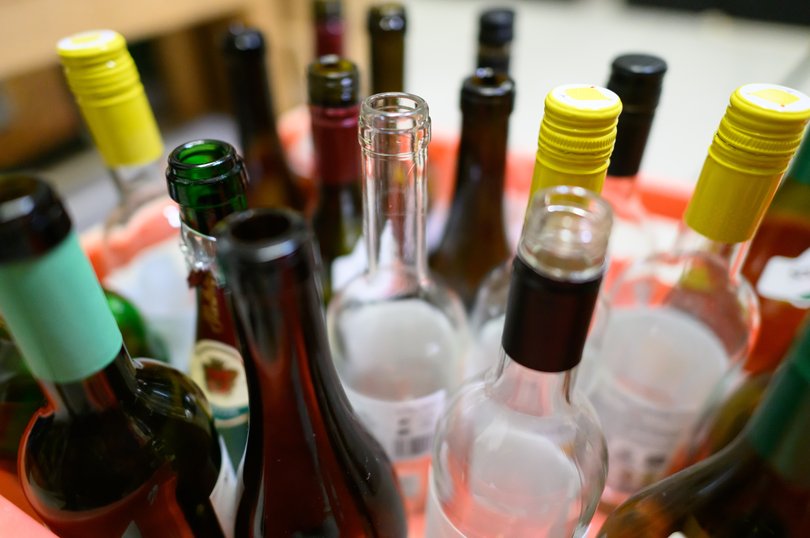Doctor warns that this common drinking side effect may signal cancer risk
Think it’s just a red face? Doctors warn that it could be caused by a cancer-linked toxin your body might not be breaking down.

A red face after a few drinks might seem like nothing more than an embarrassing side effect, but doctors are warning it could be a dangerous red flag for cancer.
Medical expert Dr Michael Mrozinski says the facial flush, often dismissed as harmless, is actually a sign your body is struggling to process a toxic chemical found in alcohol.
That chemical, acetaldehyde, can build up to harmful levels in some people and is known to cause serious damage to organs in the upper gastrointestinal tract.
Sign up to The Nightly's newsletters.
Get the first look at the digital newspaper, curated daily stories and breaking headlines delivered to your inbox.
By continuing you agree to our Terms and Privacy Policy.Over time, this toxic compound has been linked to cancers of the stomach, oesophagus, and even the pancreas.
“If you flush when you drink, you are at risk of types of cancer like stomach cancer, oesophageal cancer, and possibly pancreatic cancer,” Dr Mrozinski warned in a recent social media video.

He added that short-term exposure to high acetaldehyde levels can also make people feel “like crap” causing headaches, nausea, and a racing heart.
Genetics play a big role in the body’s ability to break down acetaldehyde.
A common gene variant, especially found among people of East Asian descent, impairs the enzyme aldehyde dehydrogenase, the substance responsible for clearing acetaldehyde from the body. As a result, the toxic byproduct accumulates, triggering the flush and increasing long-term cancer risk through permanent DNA damage.
Studies have shown that this DNA damage can lead to a number of cancers, including those of the bowel, liver, breast, oesophagus, mouth, and throat.
Dr Yiannis Mavrommatis, a genetics expert and registered dietitian, said the signs of alcohol intolerance are often immediate, ranging from facial warmth and dizziness to heart palpitations and even difficulty breathing in more extreme cases.
Concerned drinkers can now turn to at-home DNA testing for answers. A test by My Health Checks, priced at £54 ($A113), can reveal whether you carry the gene that makes you sensitive to alcohol. The same test also screens for other sensitivities, including gluten and lactose.
The Daily Mail shared the story of Livia Di Batista, 40, who said she made lifestyle changes after discovering her alcohol intolerance through DNA testing.
“I haven’t stopped drinking altogether, but now I’m selective over when I drink, so that I drink significantly less alcohol overall,” she said.
“This has helped reduce the inflammation I was experiencing, and I feel less fatigued.”
Dr Mrozinski, now based in Australia, urges people to rethink their drinking habits if they experience this reaction.
“If you are at an increased risk of those types of cancer and you do flush, then it is something you need to think about,” he said.
Nutritionist Isabela Ramos, from MyHealthChecked, explained that some drinks can worsen symptoms due to higher alcohol content or fermentation byproducts. Spirits like vodka, whiskey, and rum have higher alcohol concentrations, while red wines and certain craft beers contain congeners that may make reactions worse.
But Ramos says some relief may come from lowering alcohol concentration with mixers. “Mixing alcoholic beverages with non-alcoholic mixers, such as spritzers, can reduce the overall alcohol content and mitigate symptoms,” she said.
Still, experts agree, the safest route is cutting back or switching to low- or zero-alcohol drinks to reduce the amount of ethanol your body needs to metabolise.
